A lot is happening in the world of Buddhism and yoga these days! With the Dalai Lama turning 80, Zen Master Thich Nhat Hanh being treated for his stroke at UCSF (near my home), and Swami Veda Bharati passing away I think it is high time to launch the Indiegogo campaign! Just a couple of days ago, Pema Chodron turned 79 on July 14.
To celebrate her continuation, here are 8 quotes from this beloved American Buddhist teacher. All of these quotes appeared in Tricycle Daily Dharma going back almost two years.
If you want to be a complete human being, if you want to be genuine and hold the fullness of life in your heart, then failure is an opportunity to get curious about what is going on and listen to the storylines. Don’t buy the ones that blame it on everybody else, and don’t buy the storylines that blame it on yourself, either.
When we resist change, it’s called suffering. But when we can completely let go and not struggle against it, when we can embrace the groundlessness of our situation and relax into its dynamic quality, that’s called enlightenment, or awakening to our true nature, to our fundamental goodness.
How do we renounce? How do we work with this tendency to block and to freeze and to refuse to take another step toward the unknown? If our edge is like a huge stone wall with a door in it, how do we learn to open the door and step through it again and again, so that life becomes a process of growing up, becoming more and more fearless and flexible, more and more able to play like a raven in the wind?
Starting to wake up is a lot like giving up an addiction. You’re going to go through withdrawal symptoms, weaning yourself from this addiction to habitual, small-minded patterns of perception. You could say enlightenment is no more addiction. You’re just fully awake, fully on the spot, without having to hide out.
Getting the knack of catching ourselves, of gently and compassionately catching ourselves, is the path of the warrior. We catch ourselves one zillion times as once again, whether we like it or not, we harden into resentment, bitterness, righteous indignation—harden in any way, even into a sense of relief, a sense of inspiration.
It’s not impermanence per se, or even knowing we’re going to die, that is the cause of our suffering, the Buddha taught. Rather, it’s our resistance to the fundamental uncertainty of our situation. Our discomfort arises from all of our effort to put ground under our feet, to realize our dream of constant okayness.
Whether we’re seeking inner peace or global peace or a combination of the two, the way to experience it is to build on the foundation of unconditional openness to all that arises. Peace isn’t an experience free of challenges, free of rough and smooth—it’s an experience that’s expansive enough to include all that arises without feeling threatened.
I see that a lot of us are just running around in circles pretending that there’s ground where there actually isn’t any ground. And that somehow, if we could learn to not be afraid of groundlessness, not be afraid of insecurity and uncertainty, it would be calling on an inner strength that would allow us to be open and free and loving and compassionate in any situation.
This time through these quotes, I resonated with the one about addiction and the one about impermanence. Which one caught your eye?
What is your favorite saying of Pema Chodron? Won’t you please join me in offering Pema a Happy Continuation?


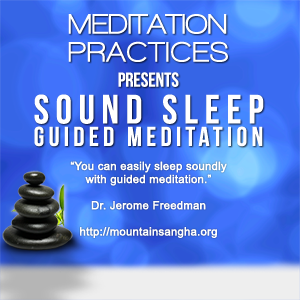


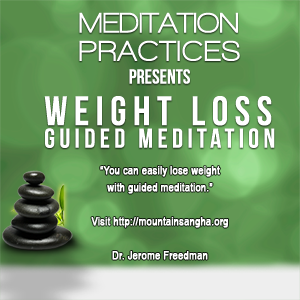
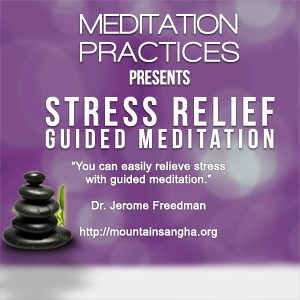

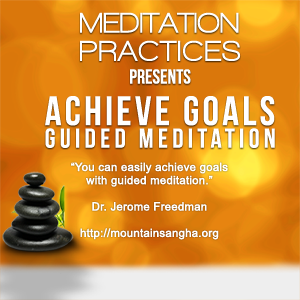

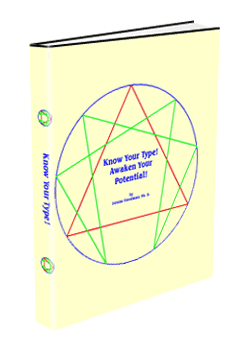
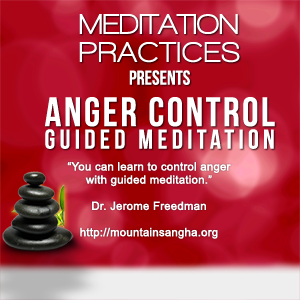
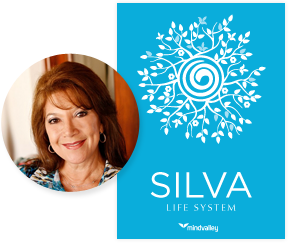
You must be logged in to post a comment.